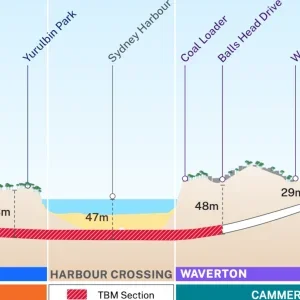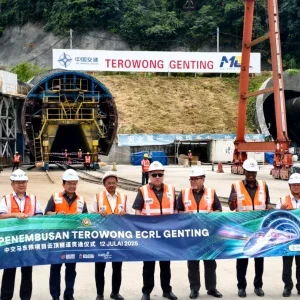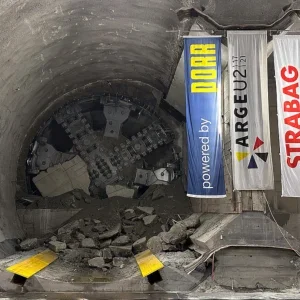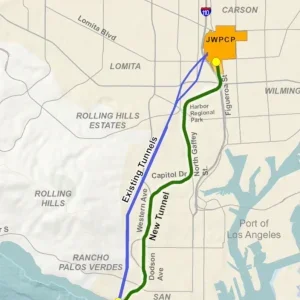The governor, who is more popularly known as Jokowi, said the city had already included the multipurpose deep tunnel project into its mid-term development plan, and that the city legislative council had already approved it.
"It will be done through investments," Jokowi said of the project.
Investors, he said, would conduct their own feasibility study before deciding to invest.
"The investors will have to do a cost-benefit analysis, while from us, we will submit our needs for a toll road and contingencies in times of flood," the governor said.
The fate of the project would depend on these feasibility studies, he said.
"If it is deemed not feasible, why should it proceed?" Jokowi said.
The proposed tunnel, estimated to cost Rp 16 trillion to build, is similar to Kuala Lumpur’s 9.7-kilometer Stormwater Management And Road Tunnel or "SMART Tunnel."
Jakarta’s proposed tunnel will be 22 kilometers long at a depth of 40 meters and will consist of three channels. The upper two channels will be for vehicles, while the lowest one will be used to channel rainwater runoff to the sea and carry utility piping.
The road portion of the tunnel will not run the entire length, but will stretch over a distance of 10 kilometers from M.T. Haryono in East Jakarta to Slipi in West Jakarta, according to city officials. The drainage channel will empty out into Jakarta Bay.
Planned entry and exit points for vehicles will be located in the Gatot Subroto area to accommodate traffic coming from the Warung Buncit and Mampang areas, as well as Tomang and Slipi Jaya.
Jokowi has touted the tunnel as a necessary breakthrough to address the twin problems of flooding and traffic congestion in the city, while experts have also pointed out that the deep tunnel could become a source of raw water for the city’s water processing facilities.







